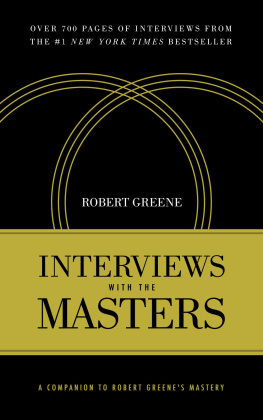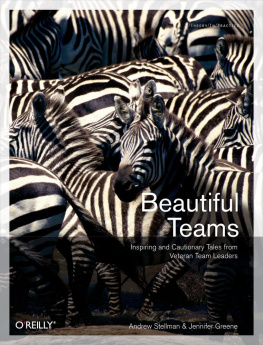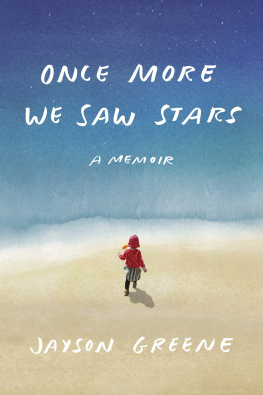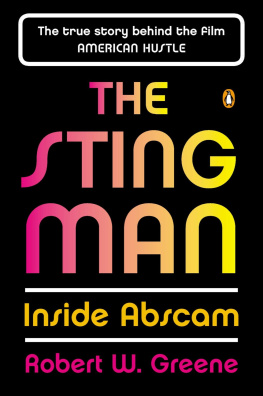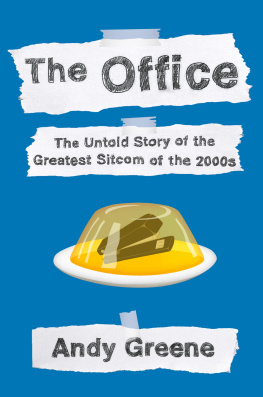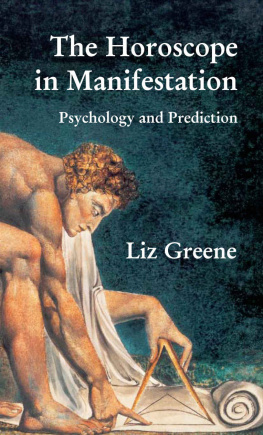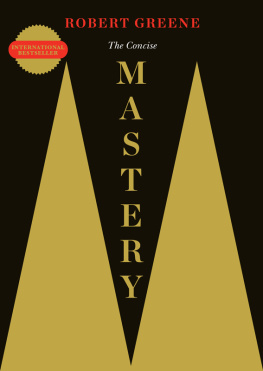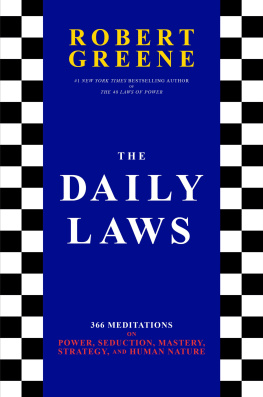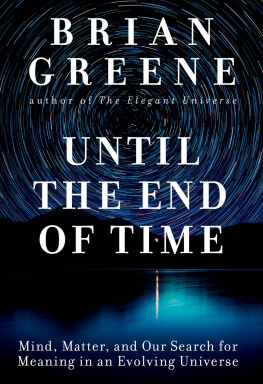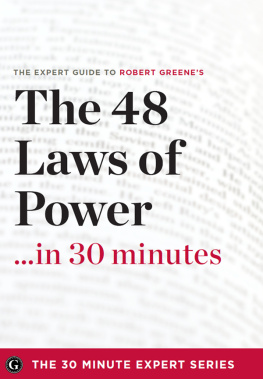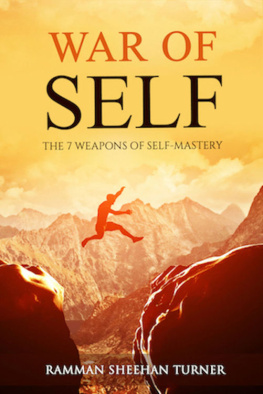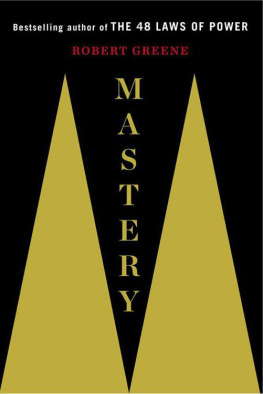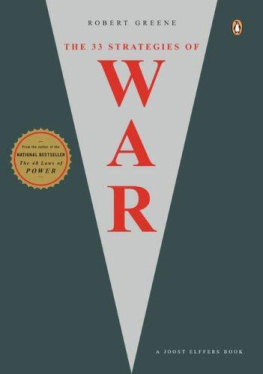Greene - Interviews with the Masters : A Companion to Robert Greenes Mastery
Here you can read online Greene - Interviews with the Masters : A Companion to Robert Greenes Mastery full text of the book (entire story) in english for free. Download pdf and epub, get meaning, cover and reviews about this ebook. year: 2013, publisher: Brass Check Marketing;Smashwords Edition, genre: Business. Description of the work, (preface) as well as reviews are available. Best literature library LitArk.com created for fans of good reading and offers a wide selection of genres:
Romance novel
Science fiction
Adventure
Detective
Science
History
Home and family
Prose
Art
Politics
Computer
Non-fiction
Religion
Business
Children
Humor
Choose a favorite category and find really read worthwhile books. Enjoy immersion in the world of imagination, feel the emotions of the characters or learn something new for yourself, make an fascinating discovery.
Interviews with the Masters : A Companion to Robert Greenes Mastery: summary, description and annotation
We offer to read an annotation, description, summary or preface (depends on what the author of the book "Interviews with the Masters : A Companion to Robert Greenes Mastery" wrote himself). If you haven't found the necessary information about the book — write in the comments, we will try to find it.
Greene: author's other books
Who wrote Interviews with the Masters : A Companion to Robert Greenes Mastery? Find out the surname, the name of the author of the book and a list of all author's works by series.
Interviews with the Masters : A Companion to Robert Greenes Mastery — read online for free the complete book (whole text) full work
Below is the text of the book, divided by pages. System saving the place of the last page read, allows you to conveniently read the book "Interviews with the Masters : A Companion to Robert Greenes Mastery" online for free, without having to search again every time where you left off. Put a bookmark, and you can go to the page where you finished reading at any time.
Font size:
Interval:
Bookmark:

More than 20,000 hours of research and thought went into Robert Greenes stunning book, Mastery. In a departure from his previous works, Robert Greene interviewed nine contemporary masters, including tech guru Paul Graham, animal rights advocate Temple Grandin, and boxing trainer Freddie Roach, to get their perspective on their paths to greatness. Those interviews are now available to readers for the first time. Interviews with the Masters presents more than 700 pages of revealing insight directly from these contemporary Masters; from how they learn and think, to how they put it all together and create.
Youll learn how
-Paul Graham used a hackers mentality to create a programing language and a billion dollar portfolio.
-Santiago Calatrava combined the disciplines of art, architecture, and engineering to design revolutionary moving structures.
-Daniel Everett solved the 300 year old mystery of the Pirah language, forever changing the linguistics field and challenging Chomskys Universal Grammar theory.
-Freddie Roachs trademark techniques made him one of the most well-known boxing trainers in the world, guiding talents like world champion Manny Pacquiao and UFC Champion Georges St. Pierre.
-Yoky Matsuoka pioneered a new field called neurobotics.
-Cesar Rodriguez Jr. went from the bottom of his Air Force class to become the Last American Ace.
-Temple Grandin emerged from a chaotic childhood with autism to become a leader in animal sciences.
-Teresita Fernndez used her fascination with alchemy to design beautiful conceptual art.
-VS Ramachandrans obsession with anomalies led to major discoveries that solved bizarre neurological syndromes like phantom limbs and body-identity disorders.
This companion to the #1 New York Times Bestseller Mastery is a playbook to the lives of todays Masters that readers can use to guide them on their own path to Mastery.
There exists a form of power and intelligence that represents the high point of human potential. It is the source of the greatest achievements and discoveries in history. These powers are something that great masters in all fields experience over long periods of time, and it comes to them through a process of learning and experimentation. It is a path that all of us can follow.
I discovered the elements of this process after some twelve years of intense study of powerful people and high achievers whom I wrote about in my first four books. In going deep into their stories, I could piece together details that transcended their fields and indicated a universal pathway to power.
Many of the figures I had studied were mediocre students; they often came from poverty or broken homes; their parents or siblings did not display any kind of exceptional ability. We normally imagine those who achieve great things in the world as somehow possessing a larger brain or some innate talent, giving them the raw materials out of which they can transform themselves into geniuses and Masters. Based on my research this did not seem to be the case at all. Instead, this intelligence came from the intensity of the desire to learn and the process they went through to develop high-level skill.
In the stories of the greatest masterspast and presentwe can inevitably detect a phase in their lives in which all of their future powers were in development, like the chrysalis of a butterfly. By looking at their various paths we can deduce an ideal apprenticeship that transcends their fields and indicates something essential about the brain and how we learn.
Throughout history we read of masters in every conceivable form of human endeavor describing a sensation of suddenly possessing heightened intellectual powers. After years of intense absorption in a particular field over a long period of time (well past the 10,000 hour mark), they come to understand all of the parts involved in what they are studying. They reach a point at which these parts become internalized and they are now seeing the whole, the dynamic itself of their particular field. For example, the great chess Master Bobby Fischer spoke of being able to think beyond the various moves of his pieces on the chessboard; after awhile he could see fields of forces that allowed him to anticipate the entire direction of the match. Albert Einstein suddenly was able to realize not just the answer to a problem, but a whole new way of looking at the universe, contained in a visual image he intuited. The inventor Thomas Edison spoke of a vision he had for illuminating an entire city with electric light, this complex system communicated to him through a single image. In all of these instances, these Masters experienced the power of intuition, or a fingertip feel.
In a departure from my previous books, I interviewed nine living masters in order to include their perspective and insight into the process of developing ones chosen craft. I sat with these masters for many hours, extracting their stories and their individual path to greatness. I met with Paul Graham in Palo Alto. Santiago Calatrava in New York. Freddie Roach in Los Angeles. I met with the various masters in their studios, in their offices, and in their homes.
For those of you who have already read Mastery, you have seen their stories in the book. What you have not seen is the raw transcripts of our time together, where the masters provided valuable information and lessons that I was not always able to include.
In reading these transcriptswhich we are now making available in a slightly edited formyou can get a deeper feel for their way of thinking, their creative process, and the particular obstacles they had to overcome along the way.
Remember: the greatest danger you face in the world today is that you are replaceable. As you get older, people who are younger, cheaper and more in tune with trends are rising up and threatening your position. Your only salvation is to mine your uniqueness, to combine various skills that set you apart. No one can do what you do. That is your endgame.
In these interviews, you will see in even greater detail the importance of discovering your calling, of immersing yourself in a subject that excites you, and the critical role that the apprenticeship phase plays in the lives of all successful people. You will read about turning points, critical moments in their careers in which they corrected their path, decided to take risks or go out on their own. Perhaps you are at such a point now in your own career. What often separates masters from others is this willingness to be different and unique. I hope the stories that you will read here will inspire you.
These transcripts are meant to serve as a companion piece to the book itself, almost like the side material in my first three books. The more you understand the process that leads to Mastery, the less mysterious it will become and the more likely you will be to follow it and make yourself truly irreplaceable.
Paul Graham was born in 1964, in Weymouth, England. His family moved to the United States when he was four, and he was raised in Monroeville, Pennsylvania. Graham obtained a BA in philosophy from Cornell University, and a PhD in computer science from Harvard University. He studied painting at the Rhode Island School of Design and the Academia di Belle Arti in Florence, Italy. In 1995 he cofounded Viaweb, the first application service provider that allowed users to set up their own Internet stores. After Yahoo! acquired Viaweb for close to $50 million (and renamed it Yahoo! Store), Graham went on to write a highly popular series of online essays about programming, tech startups, the history of technology, and art. Inspired by the reaction to a talk he gave the Harvard Computer Society in 2005, Graham created Y Combinator, an apprenticeship system that provides seed funding, advice, and mentorship to young tech entrepreneurs. It has since become one of the most successful tech incubators in the world. The total value of the over two hundred companies he has invested in is currently worth more than $13 billion, and includes DropBox, Reddit, loopt, and AirBnB. He has published two books:
Next pageFont size:
Interval:
Bookmark:
Similar books «Interviews with the Masters : A Companion to Robert Greenes Mastery»
Look at similar books to Interviews with the Masters : A Companion to Robert Greenes Mastery. We have selected literature similar in name and meaning in the hope of providing readers with more options to find new, interesting, not yet read works.
Discussion, reviews of the book Interviews with the Masters : A Companion to Robert Greenes Mastery and just readers' own opinions. Leave your comments, write what you think about the work, its meaning or the main characters. Specify what exactly you liked and what you didn't like, and why you think so.

